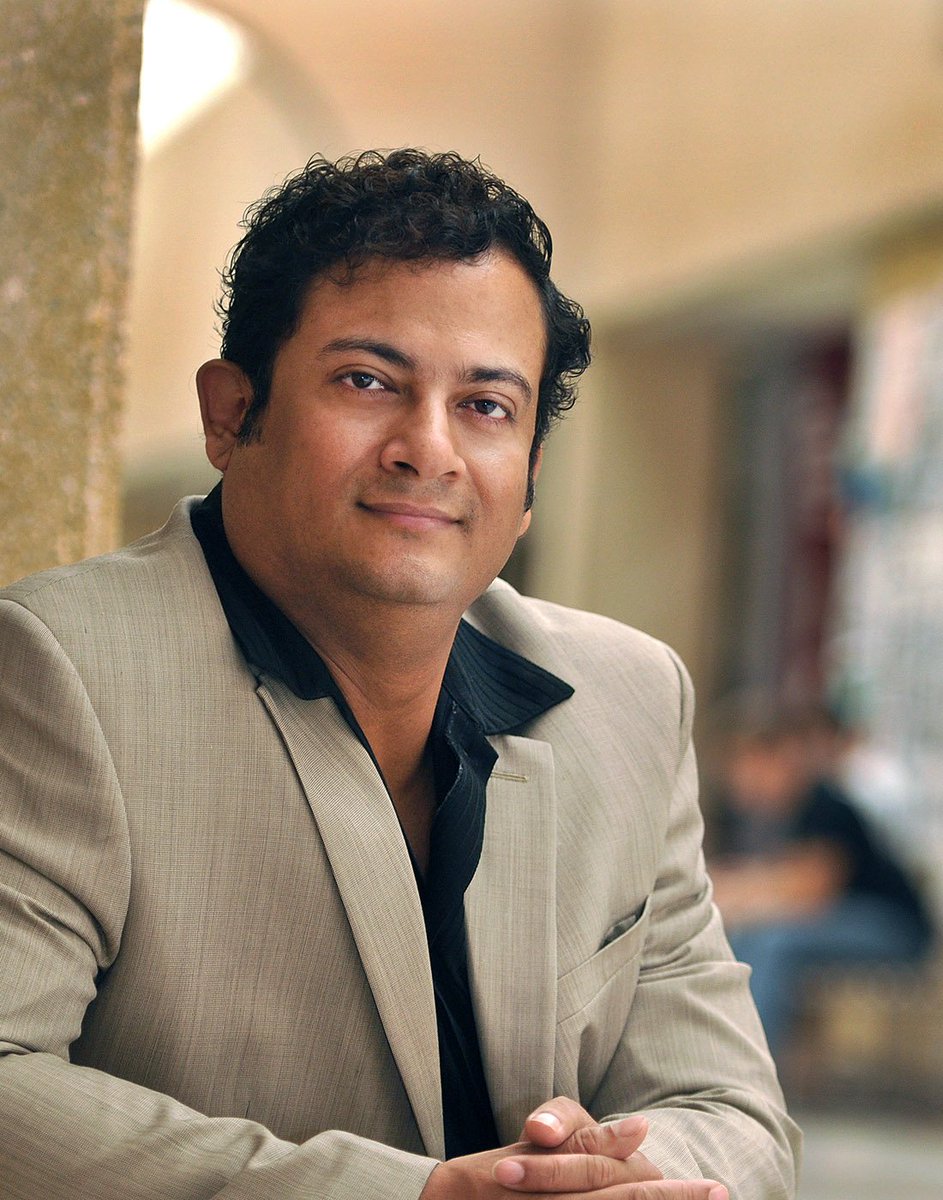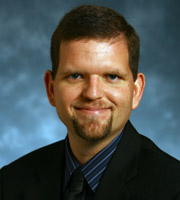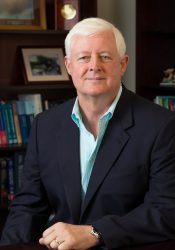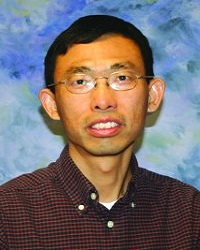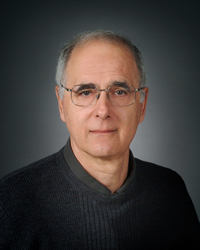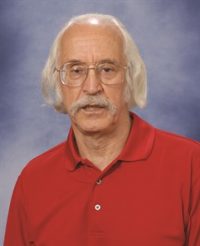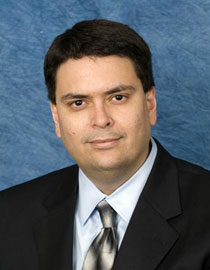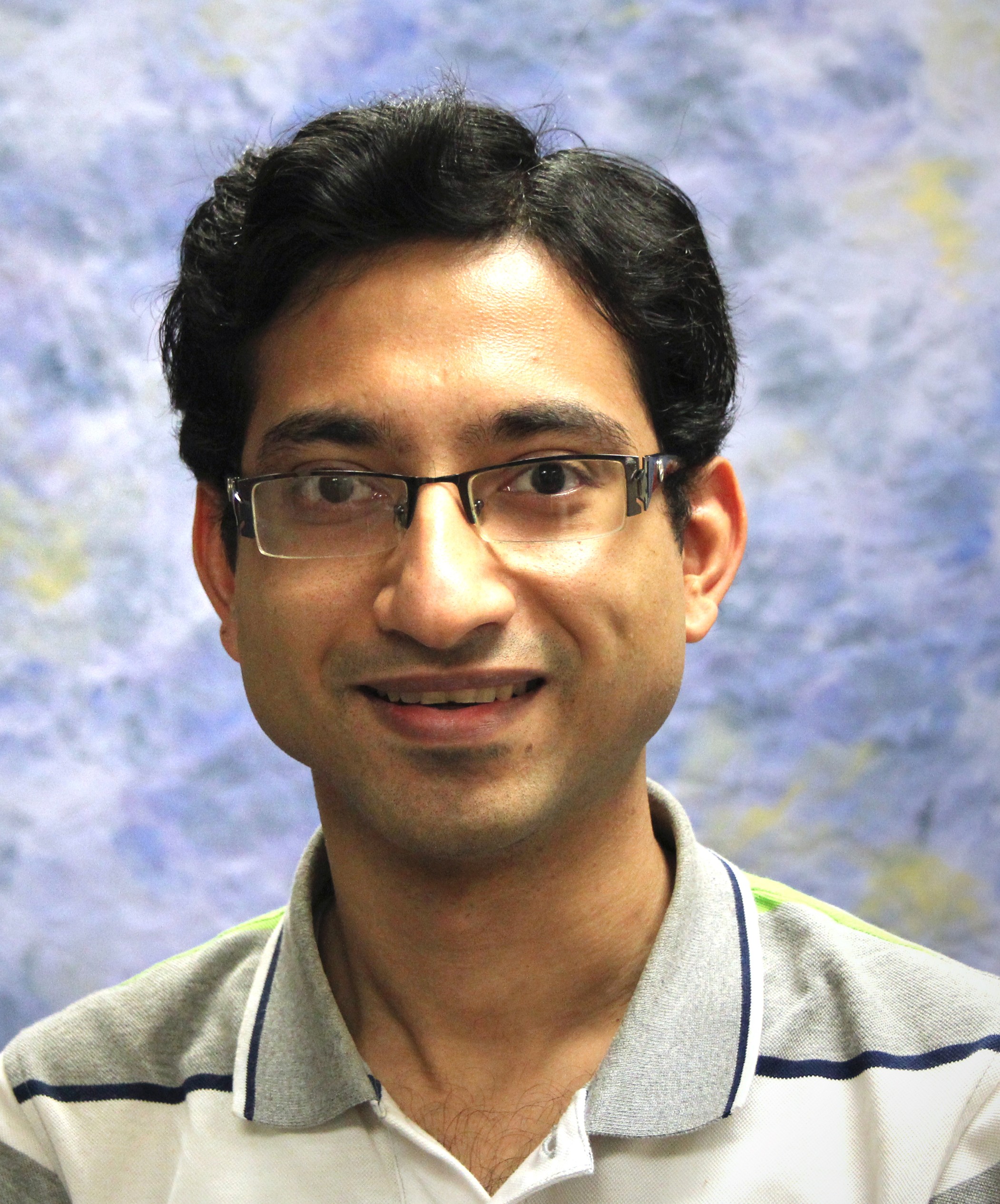
Bani Mallick, Ph.D.
Dr. Mallick joined Texas A&M University in 1998, and has recently been promoted to Associate Professor. He is a co- investigator (with Drs. Carroll and S. Wang) on their NCI-funded statistical methodology research grant, and a co-investigator (with Dr. Calvin) on the NIEHS Superfund grant. Dr. Mallick is well-known for his work on Bayesian statistical methodology, and more generally on Bayesian statistical computing.

Raymond J. Carroll, Ph.D.
Dr. Carroll is a Distinguished Professor at Texas A&M University, a special rank held by approximately 35 faculty members in the university. His main appointment is in the Department of Statistics, and he holds a secondary appointment in the Department of Biostatistics and Epidemiology. He is a member of the Faculty of Nutrition, a member of the Faculty of Toxicology, and the Director for Biostatistics and Epidemiological Research for the NIEHS-funded Center for Environmental and Rural Health.

Clint Allred, Ph.D.
Clint Allred, Ph.D. is currently a Assistant Professor in the Department of Nutrition and Food Science at Texas A&M University. Dr. Allred received his B.S. in Animal Science from the University of Georgia in 1997. He completed his Ph.D. in nutrition at the University of Illinois in 2002. He then served as a postdoctoral fellow in the department of pharmacology at the University of Kentucky College of Medicine until August of 2006.

Robert Chapkin, Ph.D.
Dr. Chapkin is established in the areas of transmembrane signaling, protein kinase C signal transduction, and cell/molecular biology techniques. His research has been directed towards the modification of those processes by nutritional and pharmacological intervention. His work is supported by grants primarily from the National Cancer institute.

Irina Gaynanova, Ph.D.
Irina Gaynanova, is an Assistant Professor in the Department of Statistics. She is the recipient of the 2018 David P. Byar Young Investigator award . Her interests are on High-dimensional data analysis, machine learning, multivariate analysis, computational statistics, and statistical methods for analyzing biological data.

Weston Porter, Ph.D.
Weston Porter is a professor-joint appointment with Veterinary Medicine & Biomedical Sciences. His interests is determining the role of factors in normal development and how disruption of these pathways results in associated pathologies.

Valen Johnson, Ph.D.
Valen Johnson is a professor and Department Head in the Department of Statistics. His applied research interests include educational assessment, ordinal data analysis, clinical trial design, image analysis and reliability analysis. His current methodological interests focus on Bayesian hypothesis testing and its connections to classical testing procedures. Bayesian variable selection, Markov chain Monte Carlo model diagnostics and latent variable modeling.

Jianhua Huang, Ph.D.
Jianhua Huang is a profession in the department of statistics and a graduate Advisor for the department. His interests include nonparametric and semiparametric models, statistical function estimation using polynomial splines, statistical methods for longitudinal data/panel data, multivariate/functional data analysis, survival analysis, duration data, event history analysis, statistics application on business.

Stephen Safe, Ph.D.
Steven Safe is a distinguished professor in the Veterinary Medicine & Biomedical Sciences. His interests are toxicology and molecular biology of estrogenic and antiestrogenic compounds, molecular mechanisms of estrogen receptor and Ah receptor action and their corsstalk in breast cancer.

Edward Dougherty, Ph.D.
Dr. Dougherty is Professor of Electrical and Computer Engineering and Director of the Genomic Signal Processing Laboratory. He is well-known for bringing engineering approaches into genomic, including the analysis of networks and systems biology more generally.

Ulisses Braga Neto, Ph.D.
Ulisses Braga Neto is an Associate Professor in the department of electrical & computer engineering. His research interests are optimal state and parameter estimation for boolean dynamical systems, discrete prediction and inference of regulatory networks, small-sample classification and error estimation, application sin cancer proteomic biomarker discovery and validation and applications in modeling infectious disease processes.

Guoyao Wu, Ph.D.
Dr. Wu is a Professor of Animal Science, and an expert on glutamine and arganine metabolism and how these molecules are involved in intestinal development of neonates, and in nitric oxide synthesis by mammalian cells. He also studies metabolic changes occurring in colonic epithelial cells.

Arul Jayaraman, Ph.D.
Arul Jayaraman is the Ray B. Nesbitt Chair Professor of Chemical Engineering. His research interests focus on molecular systems biotechnology, specifically on using integrated experimental and modeling approaches for investigating problems in human health and medicine.

Tanya Garcia, Ph.D.
Tanya Garcia is an Assistant Professor for the Department of Statistics. Her research interests are Semiparametric theory, measurement error, survival analysis, model selection and bioinformatics.

Anirban Bhattacharya, Ph.D.
Anirban Bhattacharya is an Assistant Professor in the Department of Statistics. His research interests focus on latent variable models for multivariate categorical and count data, bayesian variable selection in linear and non linear models, probabillstic models for analysis of network data, trade-off between computational and theoretical complexity in Gaussian process regression models.
Purpose of the Program
The programs goal is to train statistically oriented individuals (Biostatisticians, Statisticians, Signal Processors, etc.) to function as independent researchers in a multidisciplinary environment focusing on Nutrition and cancer. To achieve this goal we have assembled a team of researchers specializing in Biostatistics/Statistics, Bioinformatics/Biomedical Imaging and the biology of Nutrition and cancer. Through a combination of didactic coursework, seminars and research experiences, trainees will be expected to make important contributions in the development of statistical methods targeted to experiments in nutrition and cancer, and to function as a true collaborator in teams of biologists, instead of merely as a specialist in setting sample sizes and performing data analysis of simple experiments.
- The training will be fully multidisciplinary.
- The standard training program in Biostatistics/Statistics focuses typically on advanced training in statistical methods as they are applied to a broad area.
- This program focus is entirely different. We focus on training statistically oriented individuals in the biology of Nutrition and cancer, with the idea of creating a cadre of statistically oriented researchers who understand the mechanisms of action in the relationship between Nutrition and cancer. Such understanding will allow our trainees to contribute at the highest level to the design and analysis of experiments in the area, and to develop fine-tuned statistical methods truly appropriate for the experimental data.
- The curriculum is carefully tailored to, and completely oriented around, the biology of Nutrition and cancer. For postdoctoral trainees, the statistical methods learned will not be from formal courses, but as they arise from experimental data in nutrition laboratories. We include rotations in genomics, proteomics and microarray facilities.
- Each trainee will have three mentors.
- A Cancer Biologist whose research focuses on cancer etiology and prevention. The trainee will be expected to become a full member of the nutritionist’s laboratory, including attending all laboratory meetings, consulting for all the graduate students and postdoctoral researchers in the laboratory, and supervising the analysis of experimental data.
- A Biostatistician/Statistician whose research focuses on the development of statistical methods applicable to experimental data arising from Nutrition and cancer. The trainee will be expected to work with this mentor to develop new statistical methods applicable to experiments arising from the nutritionist’s laboratory.
- A Bioinformatician/Biomedical Imager whose research focuses on the analysis of DNA microarray data. Because research at Texas A&M University on Nutrition and cancer includes a genetic component, we expect that our trainees will develop an understanding of what microarray data are, and how they are analyzed.
The basic premise is that multidisciplinary teams working on Nutrition and cancer will benefit enormously by inclusion of biologically knowledgeable biostatisticians, and especially biostatisticians who are familiar at a fairly deep level with the biological mechanisms of cancer of most interest to nutritionists. This basic premise is supplemented by our observation that there exist few biostatisticians of the desired type. We intend to train a cadre of individuals so that they are sufficiently knowledgeable in the biological aspects of Nutrition and cancer that they can act as independent researchers in biostatistics focusing on the development of relevant statistical methods, and so that they can act as true collaborators with biologists.
